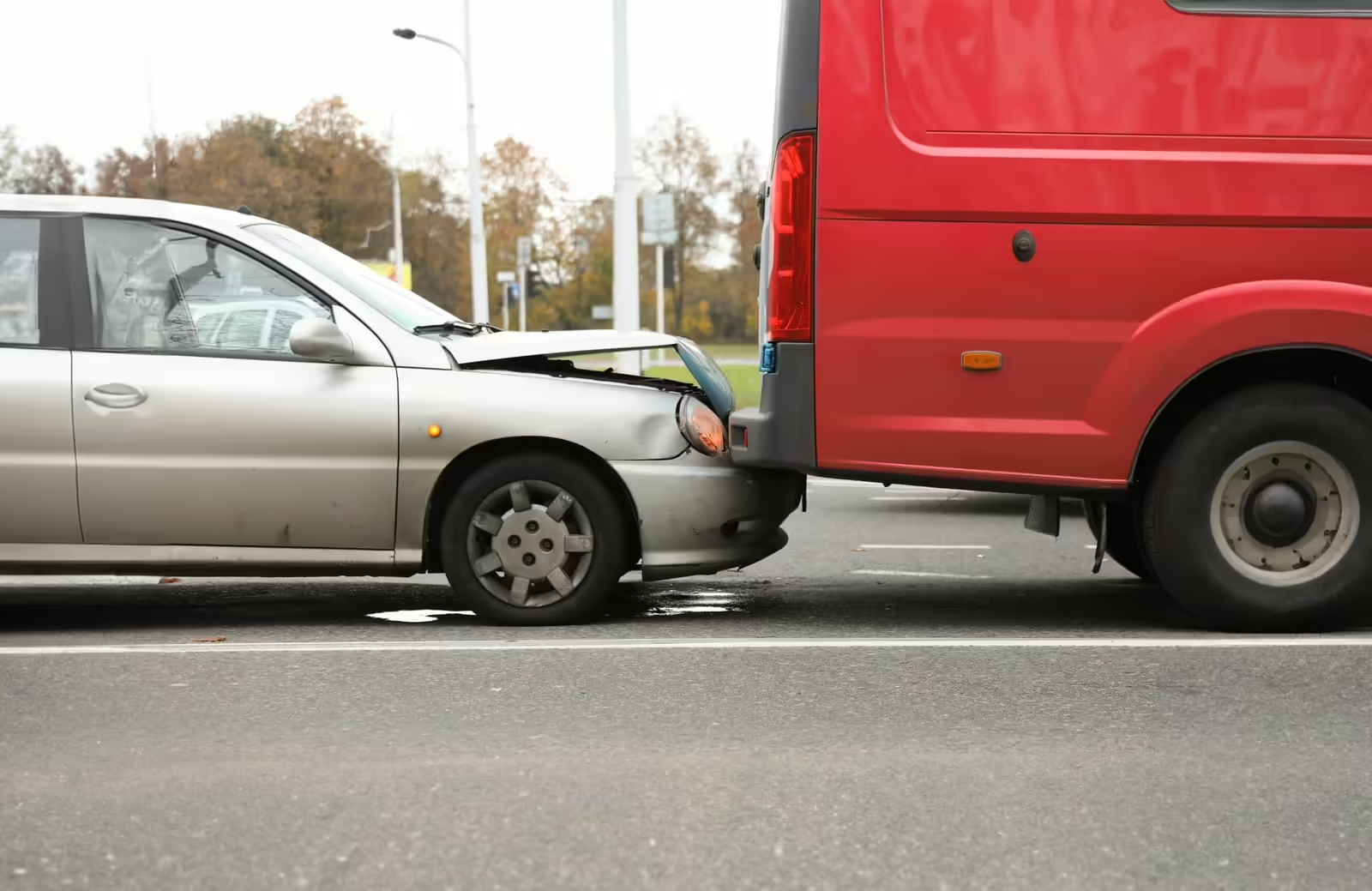Can I Sue a Third Party for a Workplace Injury Even if I Already Received Workers’ Comp?
If you have suffered a workplace injury, it can be devastating, causing physical pain, emotional distress, and financial hardship that extends far beyond the initial incident. While workers’ compensation insurance covers most work-related injuries, it may not fully compensate you for lost wages, medical expenses, and other costs related to your injury. Understanding all your legal options—including the possibility of filing a third-party lawsuit—is essential for making informed decisions about your recovery and financial future.
In some situations, a third-party claim may be possible, allowing injured workers to receive additional compensation beyond workers’ compensation benefits. If your work injury resulted from someone else’s negligence, suing a third party may help you recover damages not covered by workers’ compensation. The key is understanding the difference between workers’ compensation and third-party liability so you can determine whether you have grounds to pursue additional legal action for your workplace injury.
What Is Workers’ Compensation?
Workers’ compensation benefits provide a safety net for employees injured on the job, covering partial lost wages, medical expenses, and rehabilitation costs. Filing a workers’ comp claim is the first step for most employees after a work-related injury. However, these benefits have significant limitations and may not cover all losses, such as pain and suffering or full wage replacement.
In most states, workers’ compensation is the exclusive remedy for work-related injuries, meaning you typically cannot sue your employer for negligence. Workers’ comp usually covers:
- Medical expenses
- Partial lost wages (usually limited to two-thirds of your regular wages)
- Disability benefits
- Rehabilitation costs
This limited wage replacement can leave a significant gap in compensation, creating financial hardship for many injured workers and their families. It’s important to understand how workers’ compensation claims interact with possible third-party lawsuits, as this can impact your legal options and overall recovery.
What Is a Third-Party Lawsuit?
Third-party liability arises when someone other than your employer is responsible for your workplace injury. A third-party liability claim may be filed against a party whose negligence or wrongdoing caused your injury. Unlike workers’ compensation, which restricts the types of recoverable damages, a third-party lawsuit allows you to pursue compensation from the responsible party—including medical expenses, full lost wages, and pain and suffering.
Examples of parties that might be liable in a third-party lawsuit include:
- Equipment manufacturers, if defective machinery or safety equipment caused your injury
- Negligent contractors working at your job site whose actions led to your accident
- Property owners are responsible for unsafe conditions that contributed to your injury
- Other drivers who caused a work-related car accident
Determining third-party liability requires proving fault, which can be complex and usually requires an experienced personal injury lawyer. A successful third-party lawsuit can provide compensation for a wide range of damages not covered by workers’ comp, including punitive damages in cases of egregious conduct.
Why Consider a Third-Party Lawsuit?
While workers’ compensation benefits provide essential coverage, they may not fully compensate injured workers for all losses. A third-party lawsuit can bridge this gap and offer additional financial relief for a complete recovery. It can allow recovery for losses not covered by workers’ compensation, such as damages for long-term needs and emotional distress.
Depending on your state’s personal injury laws, a third-party lawsuit may allow you to recover:
- Pain and suffering
- Full lost wages (including the portion not covered by workers’ comp)
- Future lost earning capacity
- Punitive damages in appropriate cases
A successful third-party claim could significantly increase your total compensation, especially in cases with severe injuries, permanent disability, or long-term care needs. This additional compensation can make the difference between financial struggle and recovery.
Types of Third-Party Claims
If another party’s negligence contributed to your accident, your legal options may extend beyond workers’ compensation. Common types of third-party claims include:
- Product Liability: If defective equipment or a faulty product caused your injury, you may have a lawsuit against the manufacturer or distributor.
- Premises Liability: If injured on someone else’s property while performing work duties (e.g., slipping on an unmarked wet floor), you may file a claim against the property owner for negligence.
- Car Accidents: If another driver caused a work-related car accident, you can pursue damages against the driver.
- Construction Site Claims: If your injury was caused by another contractor’s negligence, you may have a claim against that party.
- Medical Malpractice: If inadequate medical treatment after a workplace accident causes further injury, you may be able to file against the responsible provider.
Although workers’ comp usually covers basic expenses and a portion of lost wages, it may not compensate for pain and suffering or other damages. Third-party lawsuits can help recover for the full extent of injuries.
Common Scenarios Where Third-Party Lawsuits Apply
Third-party lawsuits arise in various workplace situations involving someone other than your employer. Examples include:
- Construction Site Accidents: Injuries caused by someone working for another company or subcontractor
- Car Accidents: Work-related driving injuries caused by another driver
- Defective Equipment: Injuries from unsafe or malfunctioning equipment
- Slip-and-Fall Accidents: Incidents on someone else’s property during work duties
- Workplace Accidents Involving Third Parties: Negligence from an employee of another company or a third-party vendor
Unlike workers’ comp, third-party lawsuits require proof of fault or negligence. This key difference allows for more extensive compensation, such as punitive damages for gross negligence. You can receive workers’ compensation benefits while pursuing a third-party settlement, but acting within the statute of limitations is crucial.
Consulting an experienced attorney is vital to determine if you have a valid third-party claim, to help prove fault, and to guide you through the legal process.
Can I Receive Both Workers’ Comp and a Third-Party Settlement?
Yes, you can receive workers’ compensation benefits and pursue a third-party lawsuit, but their interaction is important to understand:
- Workers’ Comp Lien: In most states, your employer’s insurer may place a lien on your recovery, seeking reimbursement for benefits already paid if you win a third-party lawsuit.
- No Double Recovery: You cannot recover the same expenses from both sources—if workers’ comp covers your medical bills, you cannot claim those again in a third-party suit.
- Multiple Claims: More than one third-party liability claim may be possible if several parties contributed to your injury.
Careful investigation is required to identify all potentially liable parties, especially in complex construction or vehicle accidents.
How Do I Determine if a Third-Party Lawsuit Applies to My Case?
Determining whether you can file a third-party claim depends on the details of your injury and who was responsible. The process typically involves investigating the accident, gathering evidence, and identifying all negligent parties. Third-party lawsuits also have deadlines, usually within three years of the accident, making prompt action essential.
Common situations for third-party lawsuits include:
- Car Accidents at Work
- Defective Products
- Unsafe Property Conditions
- Construction Site Accidents
If a settlement cannot be reached, the case may go to trial for a judge or jury decision on compensation.
How Can an Experienced Attorney Help You Navigate Your Third-Party Lawsuit?
Navigating workers’ compensation and third-party lawsuits requires specialized legal experience. An attorney can evaluate your case, seek maximum compensation, manage your claims, and ensure compliance with complex state laws.
A skilled lawyer will:
- Evaluate your case and explain all legal options
- Maximize your compensation from all possible sources
- Handle claims, settlements, and litigation
- Guide you through deadlines and procedures
Even if you’re receiving workers’ compensation, a third-party lawsuit may still entitle you to additional compensation if someone else contributed to your injury. If you’ve been injured and believe a third party is responsible, consult an experienced attorney to discuss your rights and options for pursuing further compensation.
If you’ve been injured at work and believe a third party may be responsible, contact RTRLAW today for a free consultation. Our experienced attorneys are ready to help you understand your rights and pursue the compensation you deserve. Call 1-833-HIRE-RTR or email [email protected] to schedule a consultation.


 CALL US NOW
CALL US NOW TEXT US NOW
TEXT US NOW



























